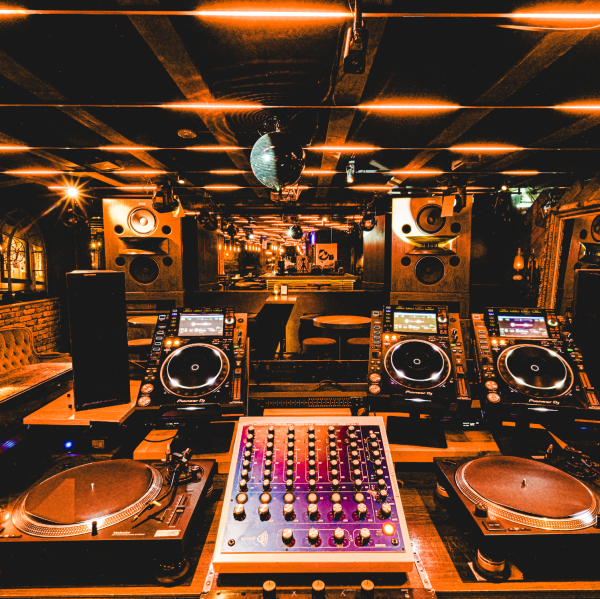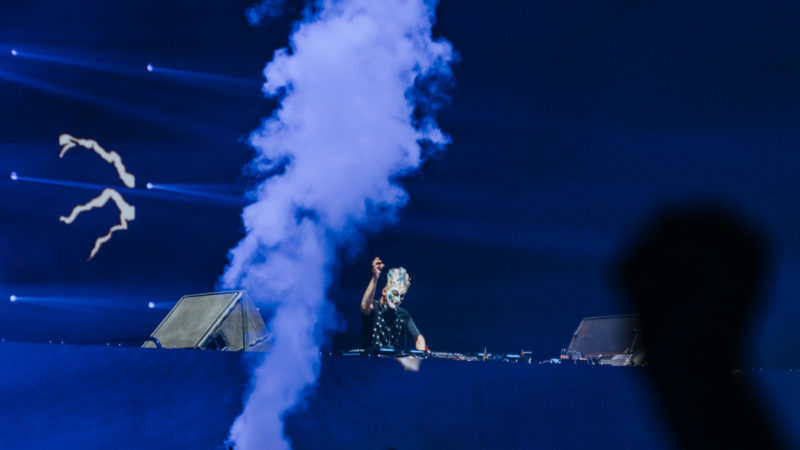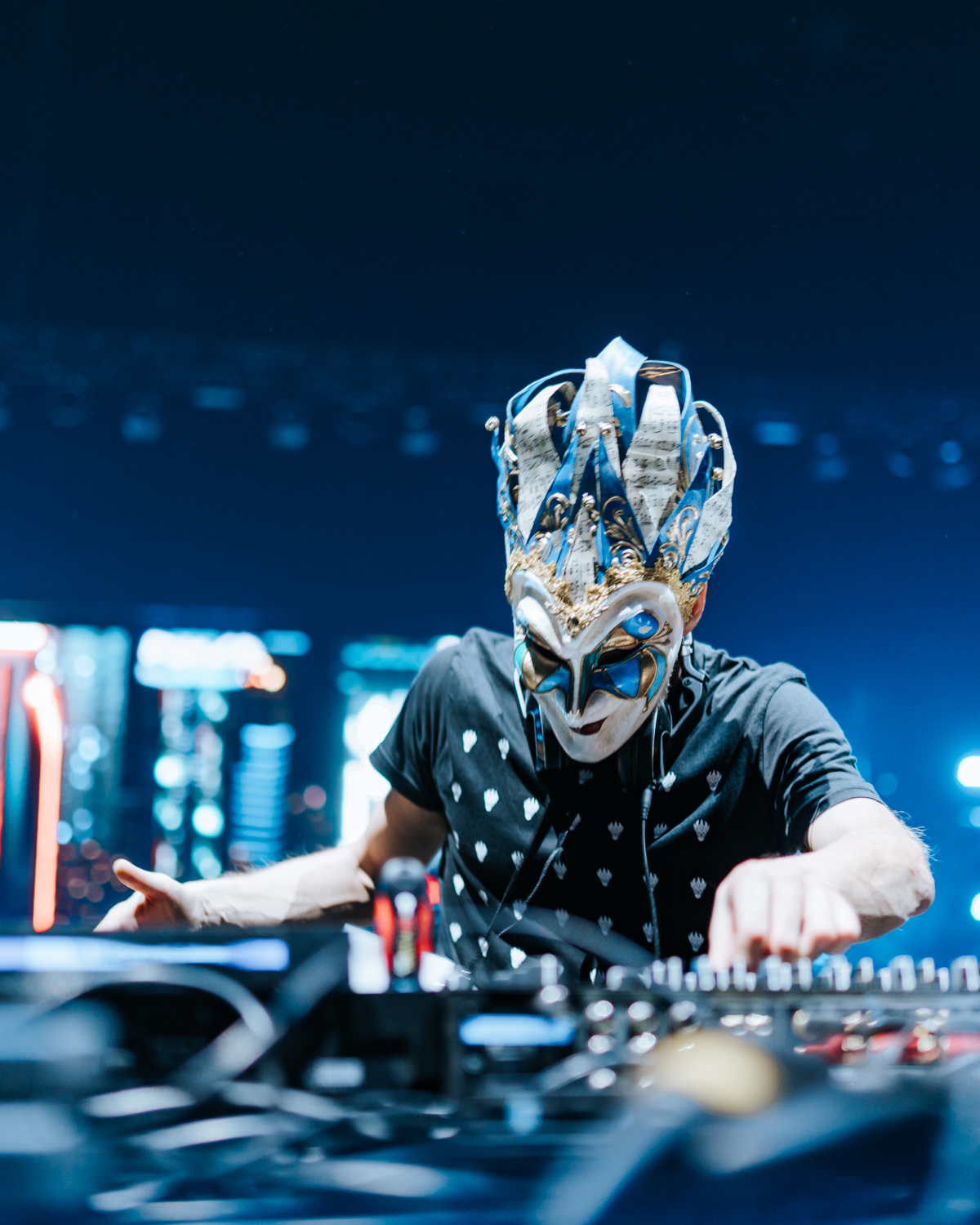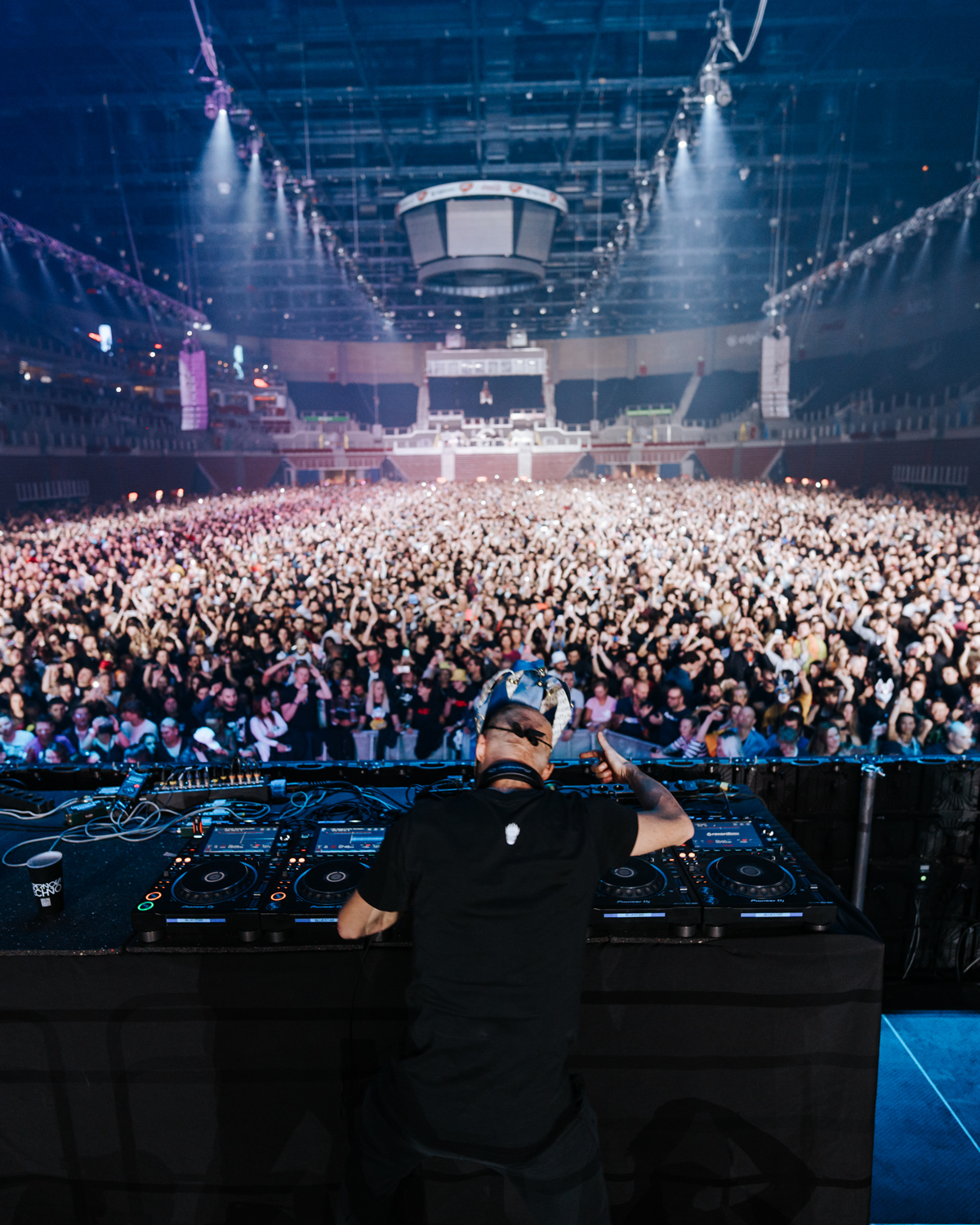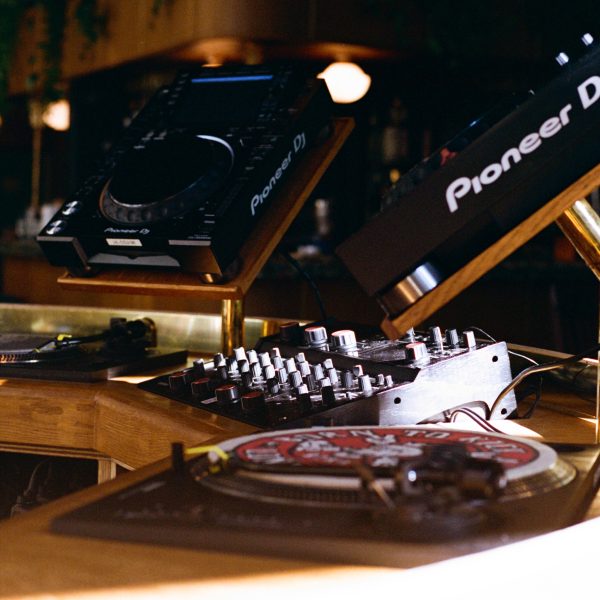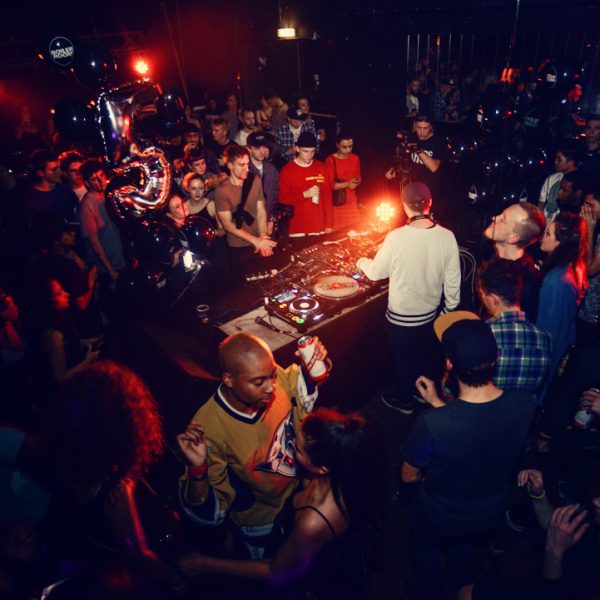What percentage of the music you produce winds up in your DJ sets?
For example, this year, over four months, I think I did 11 tracks. One of them I don’t want to play because I think it doesn’t fit. But the other 10 I’m going to play. I always love to play the new tracks, because with the old ones you’ve heard them, like, 1000 times. There are some tracks, like “Gravity,” you have to play because people want to hear them. And that’s OK. But the first hour I play, it’s only the new stuff.
Is there a mood or a theme that runs through the new album?
Yeah, for me it sounds like, and it looks like, the Earth was just born. There’s just nature and nothing and everything is just rising up.
Is that something that you were conscious of while you were in the writing and producing process?
No [laughs]. Maybe two or three tracks after we went to Iceland, because I was getting a little bit influenced. But no, when I chose the tracks I saw, OK, wow, this is really cool.
Do you prefer to produce tracks that have FX for the dance floor, or do you prefer to do this live as you DJ?
I remember there was a DJ, a good friend of mine, a few years ago I was producing a little bit more weird than today, with so many FX. And he said to me, “Boris, I will never buy one track from you because they’re not possible to play. There are too many breaks, too many FX.” But I was happy because I was just producing the tracks how I was feeling. And I do it today as well… It all needs to be done in the studio, then we’re going to see what we do on the dance floor.
How about sequencing? How much do you decide in advance, if at all?
Every year I produce a new intro. So of course, I’m gonna play this as the first track. And then normally, I have a list of three or four tracks after the intro I always play because they fit very well. I always want to create an impact in the beginning to get the attention of the people. But after that, I just see how the crowd is reacting.
Do you consider keys and harmonies when you’re mixing?
I do. A few years ago, I did a test. If you hear tracks in your car, some are sounding good and some less so. And so I went into the studio and played just one note of a baseline on C D, E, F, G… And then I went to the car and I was listening to it and then I chose the two notes which had the most impact in the car. And this was the G and the F. And so most of my tracks are in G or F.
Would you say that you have a mixing style or a particular method of doing things?
When I see the other track is running for one, two minutes, I loop the next track. And then I slowly fade in the incoming track. I play a lot with the main filters. I always use delay, sometimes reverb.
Do you prefer smooth transitions or do you favour impacts?
It depends on the style I’m playing. If I want to make an impact, I always try to cut the bass super hard on the incoming tracks. But if I play a lot of melodic tracks, then I really like more slow transitions.
Why did you opt for the V10 as your mixer of choice?
There’s just one thing I like more than on the DJM-900. On each channel you have the high, the middle, the bass. And then there are the filters. And on the V10, you can put the bass on if you turn the filter all the way down to the left; on the DJM-900, you need to be in the middle and I don’t like it.
Do you feel that the way you play has evolved over the past 10 years?
I mean, you definitely evolve. Because the mixers are getting better, you have more opportunities, you can test more out. I mean, in the beginning I was more focused on making a smooth transition. But today, it’s super simple to put one track with the same BPM over the other track. This isn’t hard. So you can just focus on how you want to make the transition.
There are so many options on mixers now. But I have to say, I’ve never focussed on that because I focused on making tracks and giving the tracks a nice vibe.
